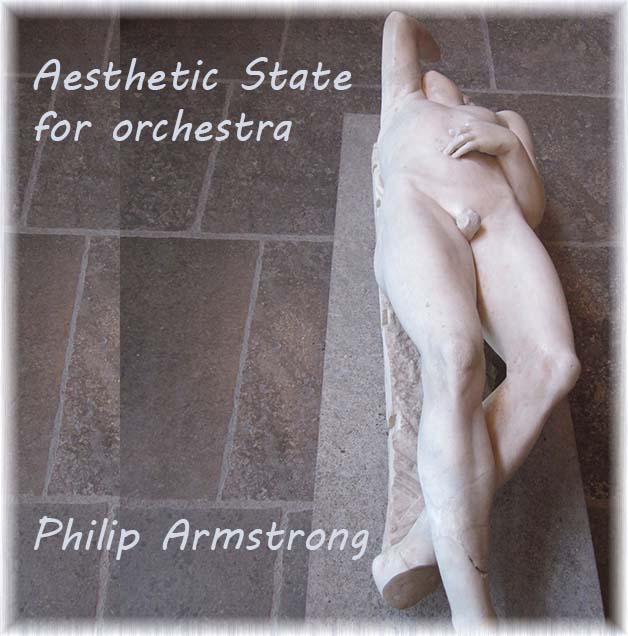
Browse Works
Additional Information
“Aesthetic State” [Ästhetische Zustände] for orchestra was written in 2017. The music takes its point of departure from the notion of an aesthetic state developed by Weimar resident Friedrich Schiller. Writing in 1795, Schiller despaired at the horrors of the Reign of Terror in France. He reflected that a society can only achieve civil freedom after its citizens have taken on-board the inviolability of moral action, which in turn requires the capacity for moral freedom. He argued that it is the mental state of the aesthetic that enables the will and its thoughts and feelings to be free, which in turn enables it to choose a moral path.
A second section features a new aesthetic by way of a flute melody, which continually adapts according to context such that it might find common ground with a community of others. In this way the music makes reference to the political theory of deliberative democracy, which is a regulative ideal of discursive consultation enabling a community of voices to find agreement from a great disparity of starting positions. It argues that suffrage alone is not sufficient criteria for a mature democracy. It is a model that owes much to the writing of Jürgen Habermas, who argued that societies must develop a pragmatic approach to deliberation that can both contribute towards social congruence and justify the sovereignty of the state and its laws.
Parallel Fourths
The third section features a musical exploration of an entire alternative universe, which is a parallel fourth removed from the known universe, and which is constituted only of parallel fourths. Its epistemics and linguistic conventions are able to describe how the mountains are comprised not of rock but of parallel fourths, and how the rivers flow not with water but with parallel fourths. The music shows how the people of this parallel universe are generally well-disposed by disposition because they consider parallel fourths to be morally virtuous, whereas the people of the known universe, and in particular Weimar resident Johann Sebastian Bach, long considered parallel fourths to be a moral hazard. Bach argued, in terms of known-universe musical conventions, that the presence of a parallel fourth in the context of four-part harmony is tantamount to all things corrupt. In contrast the music of this final section represents this entire alternative universe by way of an investigation into meta-aesthetics and meta-ethics, which in turn underpin the nature of political discourse. The music is able to represent a semantics that associates rational utilitarianism with intersubjective discourse. Just as Schiller argued that freedom enabled moral virtue, so this alternative universe enables a contingency whereby the principles of deliberative democracy and the values of human liberty and emancipation can be made innate to aesthetic and ethical expression, and to musical meaning.